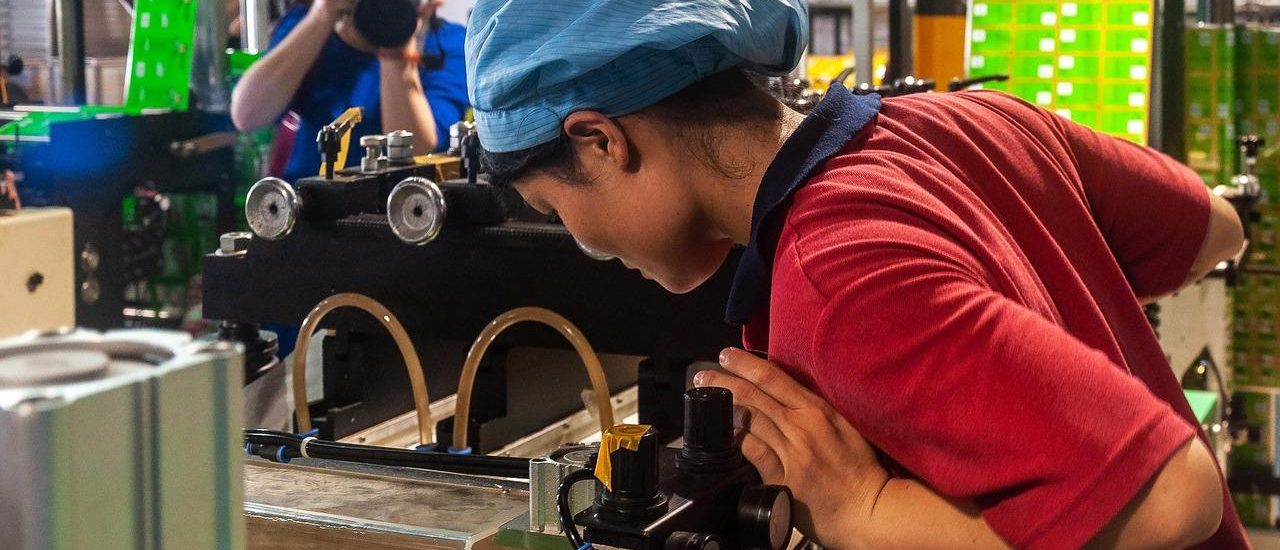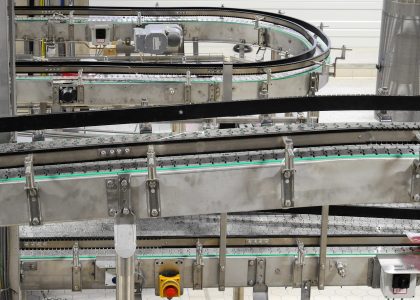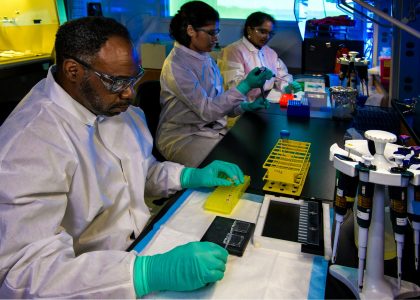In the healthcare sector, the role of medical device manufacturers cannot be overstated. Every surgical instrument, diagnostic tool, and prosthetic must meet stringent standards for safety, precision, and durability. To achieve this level of quality, medical device manufacturers rely on advanced engineering, rigorous testing, and regulatory compliance at every stage of production.
What Do Medical Device Manufacturers Do?
Medical device manufacturers design and produce a broad range of products — from simple items like scalpels and syringes to complex diagnostic machines and implantable devices. These companies must adhere to strict industry standards and certification processes, ensuring that each product is safe for use in healthcare settings.
Precision and Quality Control
Precision is paramount in the healthcare industry. Even a minor flaw can have serious consequences, so medical device manufacturers use computer-controlled machining, laser cutting, and additive manufacturing to produce highly accurate components. Quality control teams conduct rigorous inspections, including dimensional checks, material testing, and performance validation, to ensure every part meets regulatory requirements.
Regulatory Standards and Compliance
Before reaching the market, devices must meet requirements set by regulatory bodies like the FDA, CE, or TGA. Compliance requires medical device manufacturers to maintain detailed production records, undergo audits, and implement traceability measures. These processes help guarantee that each device is safe, effective, and of the highest quality.
Materials and Manufacturing Techniques
Medical device manufacturers use a wide range of materials, including stainless steel, titanium, medical-grade plastics, and biocompatible polymers. Advanced processes like laser welding, CNC milling, and 3D printing enable these materials to be formed into complex shapes without compromising their strength or biological safety. Precision fabrication ensures that surgical tools, implants, and instruments function reliably throughout their service life.
Innovation and Future Trends
As healthcare technology advances, so do the expectations placed on medical engineering companies. Smart devices equipped with sensors and wireless capability, minimally invasive surgical tools, and personalized prosthetics created with 3D printing are driving innovation across the sector. Many companies also focus on sustainability by using recycled or recyclable materials and optimizing energy consumption in their factories.
Final Thoughts
Medical device manufacturers play a critical role in ensuring the safety and well-being of patients worldwide. By combining precision engineering, strict regulatory compliance, and continuous innovation, they create products that improve healthcare outcomes and shape the future of medicine.






